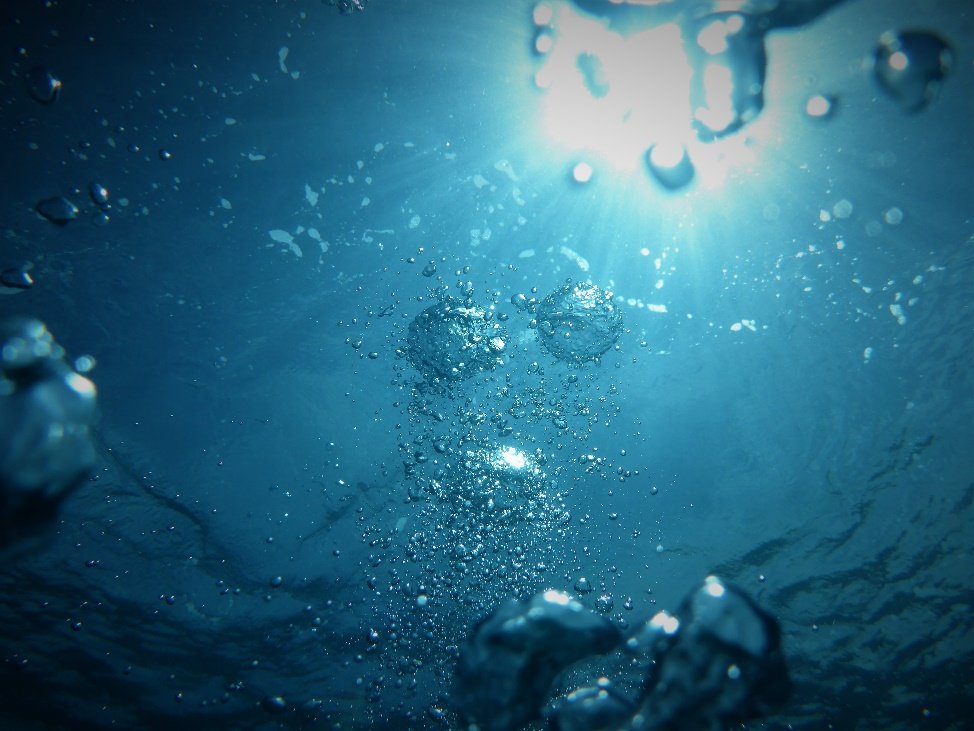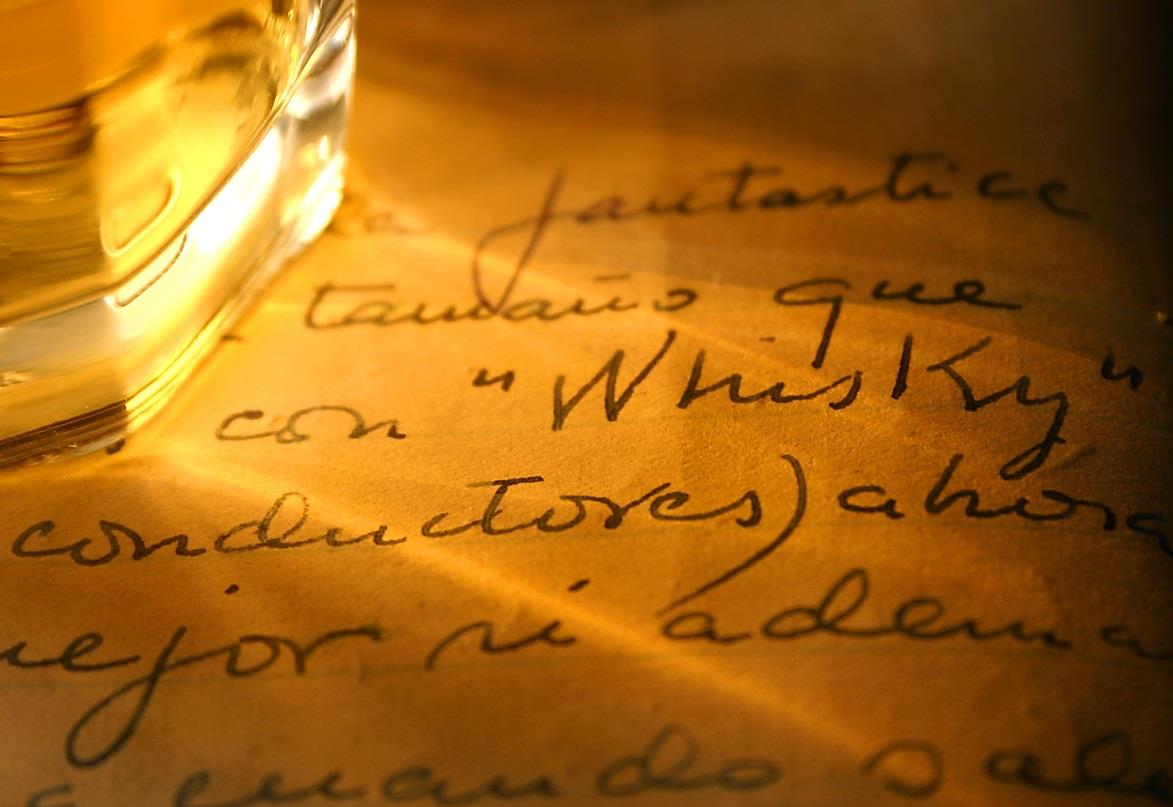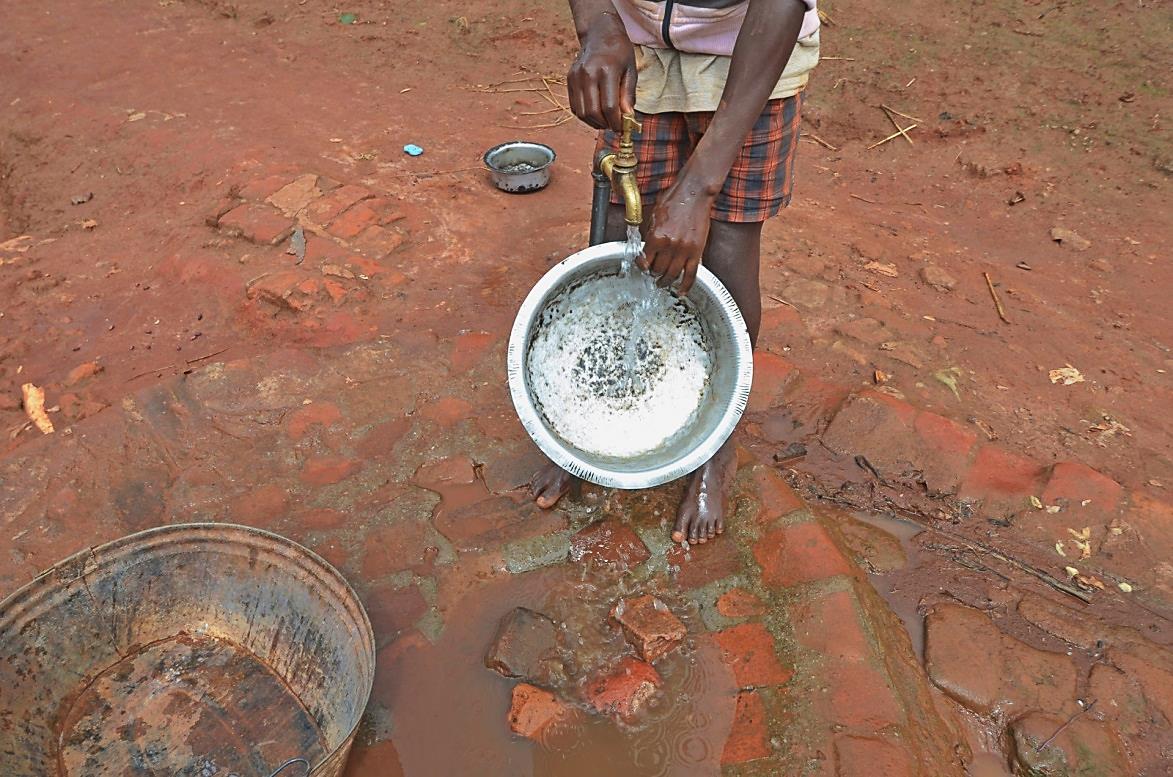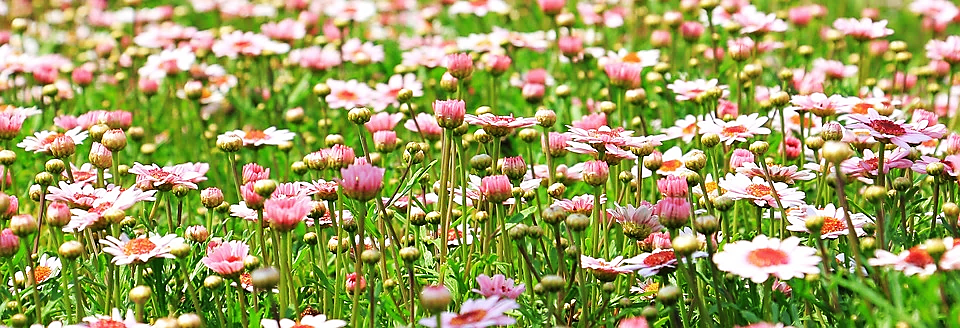
by Belinda Ollewagen | Nov 2, 2018 | Uncategorized, water cooler
It’s been said that the next great wars will be fought over water, and it’s easy to see why if we consider the life-giving properties of this unassuming clear fluid plus the fact that this natural resource seems to be dwindling in many parts of the world.
Water is the only substance that all living organisms need to survive – from the smallest amoeba to the largest mammal. We all need water, so much so that the lack of water will kill you much faster than the lack of food will – survival estimates seem to vary between three to four days and one week, depending on factors like heat and exercise etc. But what exactly makes water so essential?
Water is important because it makes up the majority of our body. According to the USGS the brain and heart are composed of 73% water; the lungs 83%; the skin contains 64% water; muscles and kidneys 79%; and even our bones are 31% water. Water is vital for transporting all the nutrients, minerals and vitamins our bodies need to function optimally every day. And even slight dehydration affects this performance, both mentally and physically.
Dehydration occurs when the body is not getting enough water, or it has lost too much water which isn’t being replaced fast enough. It’s dangerous for all human beings, no matter the age, circumstance or fitness level. Having said that, the biggest risk developmentally is amongst young children where the lack of sufficient drinking water can lead to stunted growth, reduced mental ability and poor physical performance. One study showed that when 59 children aged 7 to 9 years, were divided into two groups with the one group following their normal drinking habits; and the other group offered extra water, the latter group reported less thirst and performed better when visual attention tasks were carried out.
When one considers the dangers of dehydration it’s easy to see why a water cooler is such an essential component in nearly every kind of environment, whether it be schools, offices, hospitals or care centers to name but a few. Call AquaAid today for more on what water cooler would better suit your needs.

by Fern Shaw | May 5, 2017 | aquaid london, Uncategorized, water cooler
Yes, there was a
Part I – catch up already. Just in time for the weekend or to amaze your mates and/or colleagues as you gather around the
water cooler next week, we present Part II:
* London is one of only two cities above the 50th parallel with a population of more than five million. Moscow is the other.
It is thought that St. Patrick may have brought the early knowledge of whisky distilling from Ireland around the mid-5th century. The Scots call it uisque baugh in Gaelic, or ‘water of life’, and it is one of the United Kingdom’s top five exports, along with cars, computers, aircraft, and oil. Personally, I couldn’t think of a nicer export, could you?
In the 16th century, Britain’s Queen Elizabeth I decreed that mutton could be served only with bitter herbs, intending to stop people from eating the sheep in order to help the wool trade. Her subjects discovered mint sauce improved the taste of the meat, and it’s been a favourite condiment for roast lamb ever since. Hmm, clearly I’m in the minority as I’m not a fan of the whole mint sauce accompanying roast lamb thing.
Until 1832, England only had two universities: Oxford and Cambridge.
The sport of football, or soccer, supposedly got its start in England when Anglo-Saxon farmworkers plowing a field unearthed the skull of a Danish warrior killed in battle a few years earlier. To show their still bitter feelings towards the Danes and to amuse themselves, they began kicking the skull among them. This early form of football was called “kicking the Dane’s head”. Seems the savagery has passed from the players to the supporters somewhat!
James Bond’s code ‘007’ was inspired by the author Ian Fleming’s bus route from Canterbury to London. Am I the only person who when thinking of James Bond – immediately starts singing, ‘Goldfingggggerrrrr’ as opposed to any of the other James Bond theme songs?
The Ghost Research Foundation has determined that with 500 recorded cases of ghostly encounters, York is the most haunted city in England and one of the most haunted in the world. Make appropriate ghostly type noises here.
Well, that’s the lot for this week’s content of trivia to amaze and astound. Keep an eye out for future inserts and as always, please feel free to add to and / or correct the trivia if you feel I have it all wrong.
*from various sources from an article at Fact Retriever

by Fern Shaw | Mar 22, 2017 | Uncategorized
World Water Day is held annually on 22 March as a means of focusing attention on the importance of freshwater and advocating for the sustainable management of freshwater resources.
Today, there are over 663 million people living without a safe water supply close to home, spending countless hours queuing or trekking to distant sources, and coping with the health impacts of using contaminated water. Each year, World Water Day highlights a specific aspect of freshwater. In 2017, the theme is ‘Wastewater’.
If you’re not involved with this global water summit, you may be asking yourself what, if anything, can you do?
Well, a good thing to know is that if you are an AquAid customer, you’re already helping with the continued implementation of sustainable water projects to many of those in dire need.
With each bottle of water purchased or installation of a Mains Fed Water Cooler, AquAid donate a portion of those sales to the charities that we’ve supported for more than a decade: Christian Aid and The Africa Trust.
Christian Aid is a global charity, whose aim it is to implement profound change in eradicating the causes of poverty, striving to achieve equality, dignity and freedom for all, regardless of faith or nationality. Of the many crises they deal with on a daily basis, safe drinking water has been identified as the number one priority in sub-Saharan Africa where every day 5,500 children lose their life due to diseased water. For as little as £10, Christian Aid can provide a child with a lifetime supply of clean, fresh water. With each bottle of water that we supply, Christian Aid receives a 10p donation.
The mission of the Africa Trust is to bring sustainable solutions to poverty in Africa. Part of this sustainable development includes providing access to clean productive water and decent sanitation. With every bottle of water that we supply, a 30p donation is made to the Africa Trust along with a £20 per annum donation for every mains-fed water cooler installed.
If you’re not as yet an AquAid customer, but appreciate how we work, we’ll be more than happy to help introduce you to our range of water dispensers, water coolers and water boilers.
With 23 branches across England, Scotland and Northern Ireland, we’re well placed to provide you with fresh, cool drinking water all year round while you enjoy the peace of mind knowing that your water product purchases make a significant difference in other’s lives.
by Fern Shaw | Dec 2, 2016 | Uncategorized
Water at Work
In a study published by the Royal College of Nursing, statistics show that employee absence due to illness costs UK employers on average £12b a year; with 168 million workings days lost. We know that good hydration contributes to workers’ health and safety, and that even mild levels of dehydration adversely affect both physical and mental performance. At AquAid we believe strongly in keeping dehydration at bay and boosting performance and productivity wherever possible.
- Mild dehydration is quantified as a 1% drop in body weight. This small drop can also be referred to as voluntary dehydration; an easily achieved state where, all else being equal, we simply do not drink enough through the day.
- Where hydration levels in the workplace were examined, it came to light that many workers begin their work day already dehydrated; and that more than half of those employees also end their work day dehydrated.
- Studies show that even mild dehydration leads to changes in cognitive ability and mood. Errors increase on visual vigilance; concentration, alertness and short-term memory deteriorates; tension and anxiety increases; and fatigue is exacerbated.

by Fern Shaw | Sep 30, 2016 | Uncategorized
As we head into the colder months, and possibly bemoan the sometimes icy grip of winter, there lots of positive news out there. And it’s as simple as drinking a hot drink. Let’s face it, very little in life can’t be improved with a hot drink. They can warm us or cool us down. They help numb pain when we’re ill. They even help us see the best in other people.
*Hot drinks are relied upon for waking up, punctuating workdays, welcoming home, relieving poorliness and lulling to sleep. They can be cheering, reviving, relaxing, cooling (if you’re hot) and warming (when you’re cold). And they soften the pace of life. You can’t guzzle a hot drink, it has to be taken slowly (making it the perfect way to measure out breaks), and while you’re sipping and blowing and waiting for that optimum comfortable drinking temperature, you can inhale and warm your nose with the aromatic vapours.
It seems there’s scientific proof that feeling warm on the inside can not only make you seem a friendlier person to others, as apparently if you’re seen cupping a mug of hot tea, chocolate, coffee (or glühwein for that matter), it gives the impression that you’re more approachable.
Warms you up, cools you down
Imbibing hot liquid can be cooling and warming. If you’re hot, it may warm you up a little, but when it reaches thermosensors in the oesophagus and stomach, these react as though the entire body is as hot as the drink, and turn up the sweat flow so much that, provided your clothing allows it to evaporate, you’ll end up cooler than when you started.
Piping hot placebos
In 2008, Professor Ron Eccles of the Common Cold Centre at Cardiff University decided to study the effect of hot drinks on colds. He gave bunged-up sufferers cups of either hot or room temperature Robinson’s apple and blackcurrant cordial. “What surprised us,” says Eccles, “was how effective the treatment was. Both drinks were beneficial, but the hot drink was much more beneficial.”
It provided “immediate and sustained” relief from coughing, sneezing, runny nose, sore throat, chilliness and tiredness.
It’s all about the mug
I don’t know of many people that don’t have a special mug and ‘ware anyone else who puts their grubby paws on that mug.
We become attached to our own drinking vessel of just the right degree of chunkiness, weight, feel and hue; although it’s been shown that heavier crockery generally makes its contents more satisfying.
With all of this good news come the colder months, things are definitely looking up. Even better news is that we at AquAid have plenty of hot water (not hot air) to keep you warm and fuzzy and apparently more approachable (which is good news to those around you) throughout winter. We have a selection of hot water boilers to fit into any niche whether it’s at the office, a construction site, clubhouse or school. Cheers! (Just don’t nick my mug).
*excerpts from an article at The Guardian

by Fern Shaw | Aug 12, 2016 | Uncategorized
I know we bang on a lot about water (no surprise there, Murphy Brown) and most of it’s to do with keeping ourselves happy and hydrated (and our children and the elderly and the animals), but seeing as there’s a whole planet out there that needs water to survive, I thought I’d focus a little on water and growing stuff – like plants and gardens and shrubs and the like.
Here’s a few how to’s for these glorious summer months:
- Use drip irrigation for shrubs and trees to apply water directly to the roots where it’s needed.
- Pressure washers use a lot of water. Use them sparingly and think about what you are doing. If you must use one to wash your patio furniture or bike, do it on the lawn so the water gets recycled.
- Use mulch and bark in your garden to reduce evaporation by up to 70%.
- Think about mixing some drought-resistant bedding and perennial plants to your garden to add diversity. Examples of these perennials are African or French marigolds, petunias, geraniums or campanula.

- Don’t waste water by using a hosepipe to clean your paths, patios and driveways. Use a broom, rake or outdoor blower or vacuum instead.
- Reduce the amount of lawn in your yard by planting shrubs and ground covers appropriate to your site and region.
- Try not to cut lawns too short. When mowing, cut only the top third of the leaf area, leaving it three centimetres or higher. Reduce water loss even further by saving your lawn clippings to use as mulch on your lawn or garden.
Of course, I wouldn’t be me if I didn’t add a little postscript here when I remind you to try to avoid using your water cooler to water your shrubs, perennials and gardens. That water is for you, that is!







